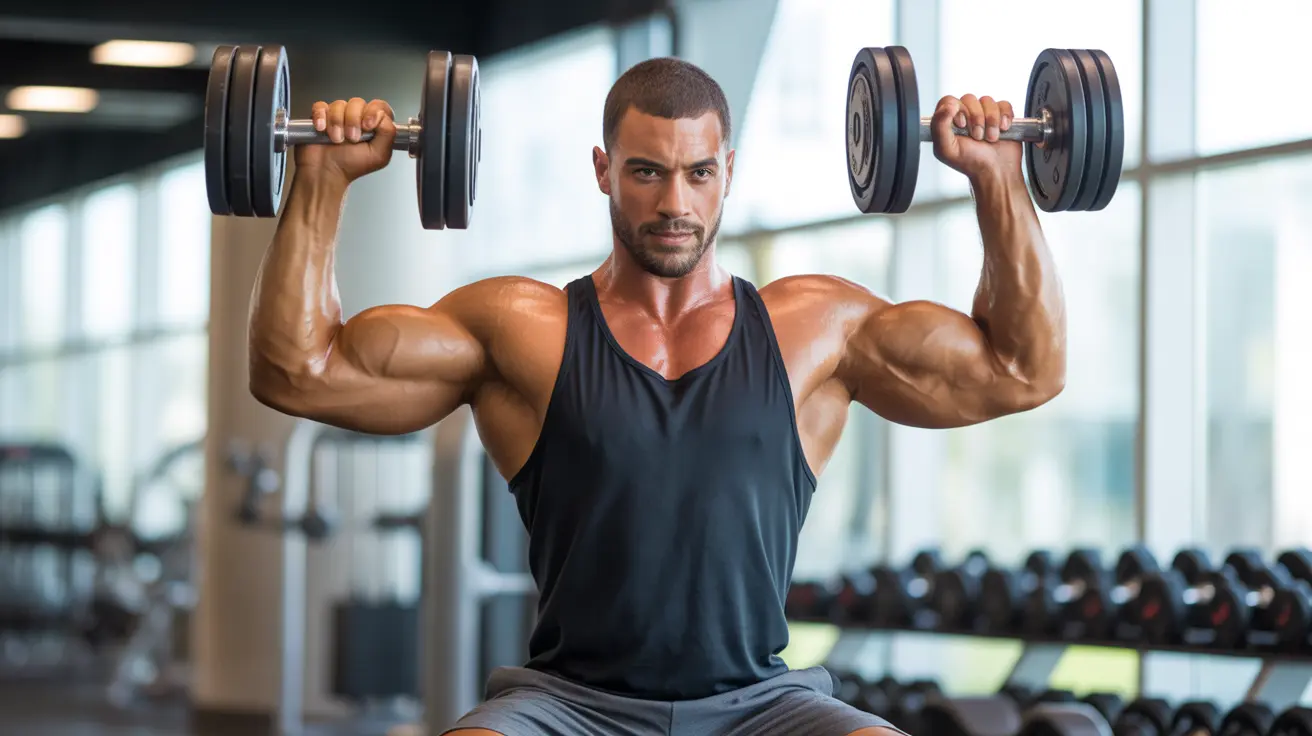Living with gynecomastia, or enlarged male breast tissue, can be both physically and emotionally challenging. Understanding effective self-care approaches is crucial for managing this condition and improving quality of life. This comprehensive guide explores non-surgical options and lifestyle modifications that can help address gynecomastia symptoms.
While not all cases of gynecomastia can be resolved without medical intervention, many men can benefit from implementing targeted self-care strategies and lifestyle changes. Let's explore evidence-based approaches to managing this condition effectively.
Understanding Different Types of Male Breast Enlargement
Before implementing any self-care routine, it's crucial to understand whether you're dealing with true gynecomastia or pseudogynecomastia. True gynecomastia involves actual glandular breast tissue development, while pseudogynecomastia is primarily caused by excess fat deposits in the chest area.
This distinction is important because it affects which self-care approaches will be most effective for your specific situation. A healthcare provider can help determine which type you have through physical examination.
Essential Lifestyle Modifications for Gynecomastia Management
Diet and Nutrition Strategies
Maintaining a balanced diet can play a significant role in managing gynecomastia symptoms. Focus on:
- Reducing processed foods and refined sugars
- Increasing lean protein intake
- Incorporating anti-inflammatory foods
- Limiting foods known to increase estrogen levels
- Maintaining adequate zinc and vitamin D levels
Exercise and Physical Activity
While exercise alone cannot eliminate glandular breast tissue, it can help improve overall chest appearance and boost confidence. Key exercise components include:
- Targeted chest exercises
- Regular cardiovascular activity
- Strength training for overall muscle development
- Posture-improving exercises
Natural Remedies and Supplements
Some natural approaches may help support hormone balance and reduce gynecomastia symptoms:
- Zinc supplements (under medical supervision)
- Green tea extract
- Turmeric for its anti-inflammatory properties
- Omega-3 fatty acids
Always consult with a healthcare provider before starting any supplement regimen, as some supplements can interact with medications or have unwanted side effects.
Lifestyle Habits to Avoid
Certain habits and substances can worsen gynecomastia symptoms:
- Excessive alcohol consumption
- Marijuana use
- Anabolic steroids
- Certain medications (consult your healthcare provider about alternatives)
Professional Treatment Options
When self-care measures aren't sufficient, several non-surgical professional treatments may be recommended:
- Prescription medications for hormone regulation
- Compression garments for cosmetic improvement
- Regular monitoring by a healthcare provider
- Lifestyle counseling and support
Frequently Asked Questions
What lifestyle changes and gynecomastia self-care steps can help reduce enlarged male breasts without surgery?
Key lifestyle changes include maintaining a healthy diet, regular exercise focusing on both cardio and strength training, avoiding alcohol and recreational drugs, and wearing appropriate compression garments. These changes, combined with proper stress management and adequate sleep, can help manage mild cases of gynecomastia.
When does gynecomastia require surgery, and can exercise or diet alone get rid of breast tissue caused by hormones?
Surgery may be necessary when gynecomastia persists for over two years, causes significant physical discomfort or emotional distress, or doesn't respond to non-surgical treatments. Exercise and diet alone cannot eliminate true glandular breast tissue, though they can help reduce overall body fat and improve chest appearance in cases of pseudogynecomastia.
What are the differences between pseudogynecomastia (fatty tissue) and glandular gynecomastia, and how does treatment differ for each?
Pseudogynecomastia consists primarily of fatty tissue and can often be improved through diet and exercise. True glandular gynecomastia involves actual breast tissue development due to hormonal factors and typically requires medical intervention for significant improvement. Treatment approaches differ based on the type: lifestyle changes may be sufficient for pseudogynecomastia, while true gynecomastia often needs medical or surgical intervention.
Are there any foods or habits I should avoid to help manage or prevent gynecomastia symptoms?
Yes, avoid excessive alcohol consumption, marijuana use, and foods high in estrogen. Limit processed foods, soy products, and foods packaged in plastic containing BPA. Additionally, avoid using unregulated supplements or steroids that could affect hormone levels.
What effective non-surgical treatments and procedures are available for mild or early-stage gynecomastia?
Effective non-surgical treatments include hormone-regulating medications, compression garments, targeted exercise programs, and lifestyle modifications. Some healthcare providers may recommend specific supplements or medications to address underlying hormonal imbalances in early-stage cases.




